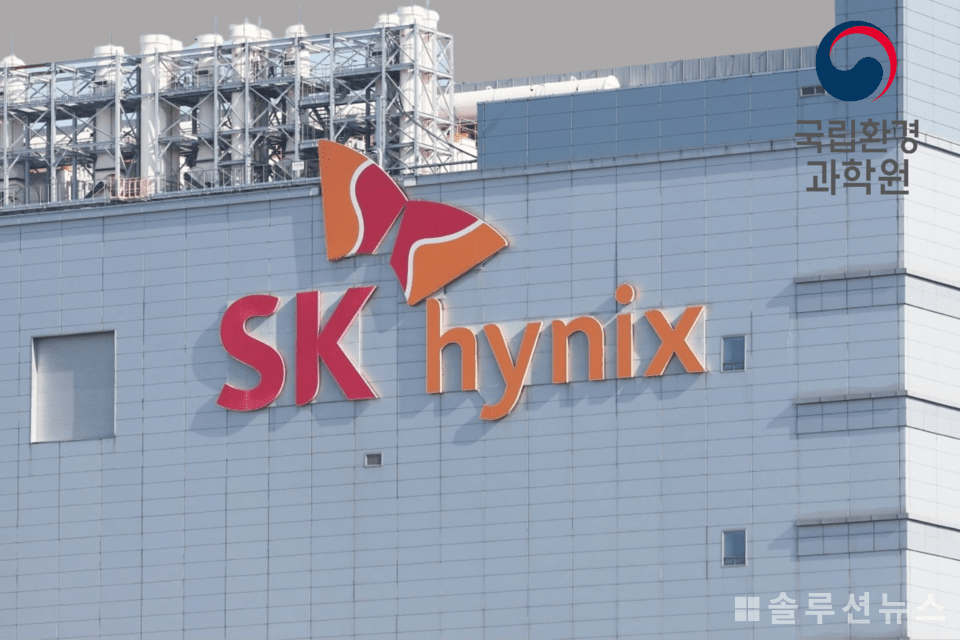
The National Institute of Environmental Research and SK Hynix have decided to pursue research cooperation for carbon neutrality implementation. On the 22nd, the Institute, which is under the Ministry of Environment, will sign a memorandum of understanding with SK Hynix at the company’s headquarters in Icheon, Gyeonggi-do. The agreement aims to establish a public-private cooperation system to respond to the climate crisis and achieve carbon neutrality, which includes the exchange of human resources and sharing of information necessary for research execution.
Since 2022, the National Institute of Environmental Research has been operating the Multi-lateral Recognition Arrangement (MLA) system. This system is a mechanism that allows mutual acceptance of testing, inspection, certification, and greenhouse gas verification results by different countries. Additionally, in 2023, the institute developed the Greenhouse Gas Process Testing Standard (ES 13501) to measure the reduction efficiency of greenhouse gases emitted from semiconductor manufacturing processes and made it available for companies to use in the field.
SK Hynix has been engaged in the memory and system semiconductor business since 1983, operating production, sales, and research facilities both domestically and internationally. The company has four production complexes and three R&D corporations centered around its headquarters in Icheon, Gyeonggi-do, and maintains sales offices and branches in countries like the United States and China.
Through this agreement, both organizations plan to conduct research related to the carbon footprint of semiconductor products, based on a full lifecycle assessment, in order to jointly respond to international carbon regulations such as the European Union’s Carbon Border Adjustment Mechanism (CBAM). They also plan to conduct research on the processing efficiency of greenhouse gas treatment facilities used in the electronics industry.
Geum Han-seung, Director of the National Institute of Environmental Research, highlighted that “this agreement is an important opportunity to establish a cooperation system based on research expertise and human foundations to jointly address climate change.” He further stated, “Efforts will be made to actively facilitate exchanges among experts in the greenhouse gas field and quickly respond to international regulations, especially the carbon trade barriers faced by the industry.”
The agreement is valid for three years, and can be terminated by mutual consent depending on the achievement of objectives even within the period. Both parties agreed to designate relevant working level personnel for efficient implementation and to ensure that information is not provided to any third party without mutual agreement.